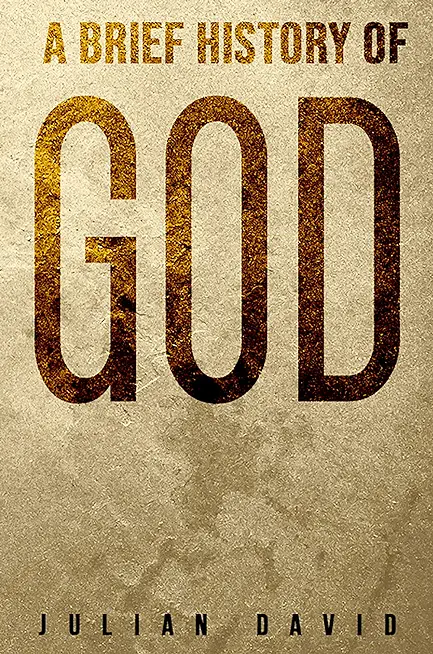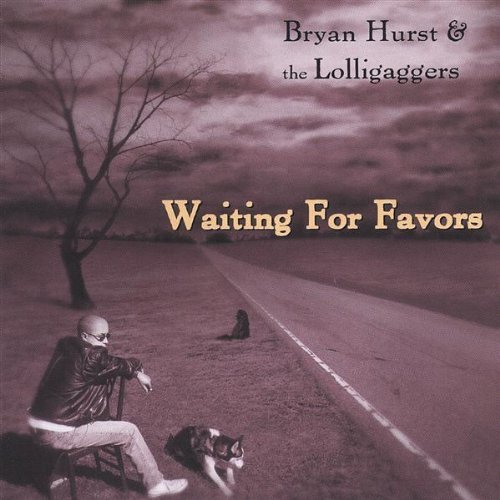
description
8Underlying the writing of this book is the great gap left in our society by the slow and lingering death of God the Father Almighty. What shall we do now that we are orphans in this world? What can we do with all those wonderful Gothic buildings, now that the spirit has gone out of them? The full magnitude of the change stupefies the mind. Yet there is also an enormous liberation, for a patriarchal culture is so unnatural that it does real structural damage to the psyches of those who grow up in it. That fathers should, right into the twentieth century, own their children and mothers have no rights to them, was the legacy of the One God. That women could not keep their own money-their husbands owned it and have done so throughout our history-came from the same place. We are a crippled culture, facing now our own extinction, and only beginning to find our potential to deal with it.
And though God is indeed dead, as Nietzsche told us a little while ago, the mystery that things exist-that anything exists at all, let alone this world with all its beauty and its depths-surrounds us with greater force than the presence of that God permitted; and it is Einstein, the scientist, who points us towards it:
"The most beautiful thing we can experience is the mysterious. It is the source of all true art and science. He to whom the emotion is a stranger, who can no longer pause to wonder and stand wrapped in awe, is as good as dead-his eyes are closed. The insight into the mystery of life, coupled though it be with fear, has also given rise to religion. To know what is impenetrable to us really exists, manifesting itself as the highest wisdom and the most radiant beauty, which our dull faculties can comprehend only in their most primitive forms-this knowledge, this feeling is at the centre of true religiousness."
- Albert Einstein, Living Philosophies
And though God is indeed dead, as Nietzsche told us a little while ago, the mystery that things exist-that anything exists at all, let alone this world with all its beauty and its depths-surrounds us with greater force than the presence of that God permitted; and it is Einstein, the scientist, who points us towards it:
"The most beautiful thing we can experience is the mysterious. It is the source of all true art and science. He to whom the emotion is a stranger, who can no longer pause to wonder and stand wrapped in awe, is as good as dead-his eyes are closed. The insight into the mystery of life, coupled though it be with fear, has also given rise to religion. To know what is impenetrable to us really exists, manifesting itself as the highest wisdom and the most radiant beauty, which our dull faculties can comprehend only in their most primitive forms-this knowledge, this feeling is at the centre of true religiousness."
- Albert Einstein, Living Philosophies
member goods
No member items were found under this heading.
listens & views

PORTRAITS-THE CLARINET ALBUM (CAN)
by ROTTERDAM PHILHARMONIC ORCHESTRA
COMPACT DISCout of stock
$16.99
Return Policy
All sales are final
Shipping
No special shipping considerations available.
Shipping fees determined at checkout.






